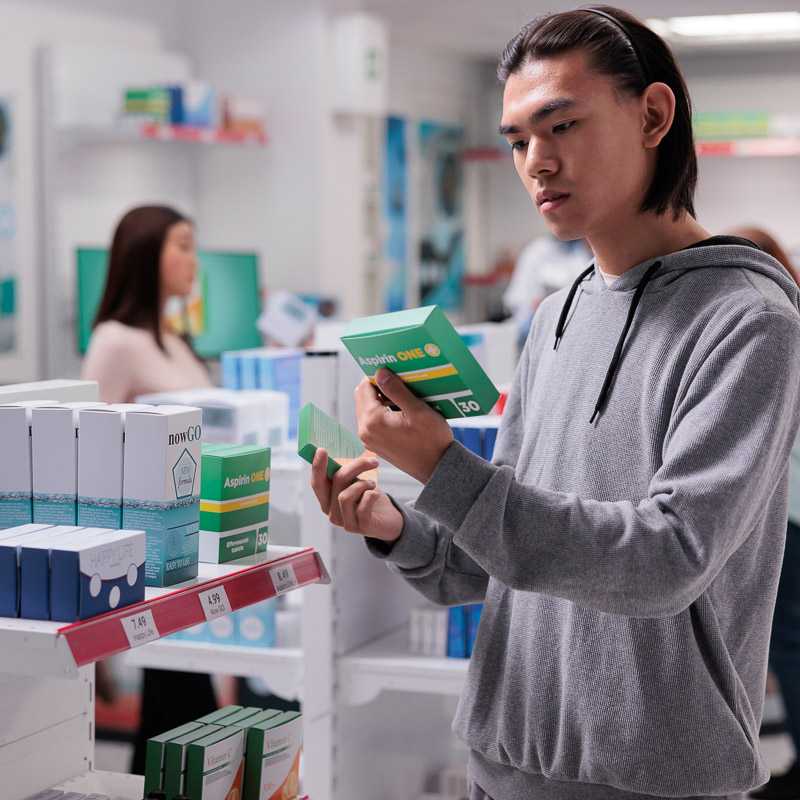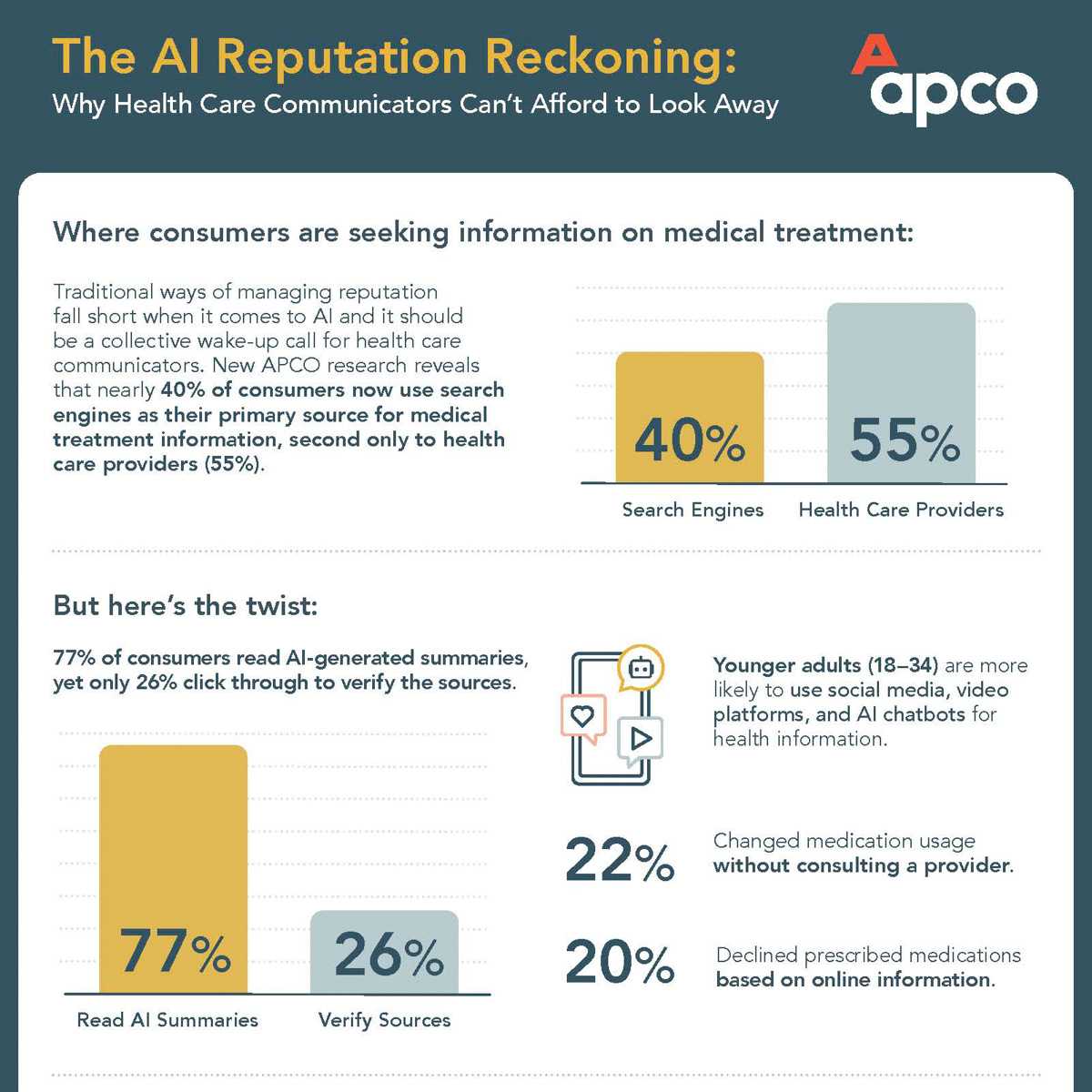

This year’s WHO Self-Care Month, which ran from June 24 to July 24, celebrated the 5th anniversary of WHO’s launching of the first global guideline on self-care interventions for health and well-being.
In the guideline, the WHO defines self-care as the ability of individuals, families and communities to promote health, prevent disease, maintain health and cope with illness and disability with or without the support of a health worker. Self-care behaviors, which include self-treatment, diagnosis and medication, serve as an alternative to seeking care from health professionals, especially for underserved populations.
In countries with underdeveloped health systems and a shortage of health care professionals, community pharmacies often serve as informal platforms for self-treatment due to their accessibility and the convenience of over-the-counter medications. For example, in Bangladesh, where there were only 0.6 physicians per 1,000 people as of 2019 – below the South Asia average of 0.8 and the global average of 1.7 – community pharmacies help bridge the gap caused by limited health care access and high rates of absenteeism among health care providers.
In low-income settings, these pharmacies are an integral node of the health system addressing immediate needs where formal health care services are limited. Beyond the mere dispensation of drugs, they are widely recognized as highly accessible health care facilities providing timely advice on medications, dosages and other interventions for individuals in their communities. With over 135,000 community pharmacies in Indonesia, pharmacists perform screening, compounding, packaging, labeling and counseling, including guidance on healthy nutrition, physical activity, smoking cessation programs and alcohol consumption. Similarly in Thailand, some pharmacies participate in the screening of chronic diseases such as cardiovascular diseases, diabetes, hypertension and osteoporosis, focusing on preventive care and disease management. By offering such services, these pharmacies complement tertiary care by reducing waiting times and making health care more accessible for those with mobility issues or financial constraints.
Despite their benefits, the reliance on community pharmacies poses risks such as incorrect self-diagnosis, potential misuse of medications and the increase in the burden of chronic conditions. Self-medication without medical guidance can lead to inappropriate, incorrect, or undue therapy, missed diagnosis, delays in appropriate treatment, pathogen resistance and increased morbidity. In some cases, medication counseling services offered in pharmacies are often found to be insufficient. This can be attributed to various factors, including a lack of trained pharmacists, limited time available for counseling due to high patient volumes and inadequate emphasis on patient education within the health care system.
Addressing these challenges requires urgent systemic reforms, including strengthening health care infrastructure, increasing the number of trained professionals, regulating pharmacy practices and enhancing public health education. A key aspect is promoting the role of pharmacists in medication counseling and enhancing their training and capacity, which will empower them to deliver high-quality health care services within the community. Expanding the role of pharmacies to provide more comprehensive services enables individuals to access holistic health care right in their neighborhood and supports self-care.
Embedding self-care as a key component of the health continuum not only enhances local health care access but also offers a strategy to improve universal health coverage. This approach effectively complements existing health systems in improving overall health and well-being.
This piece is from APCO’s Asia Pulse Newsletter.
APCO Alumna Bethanie Kwok contributed to this piece.


